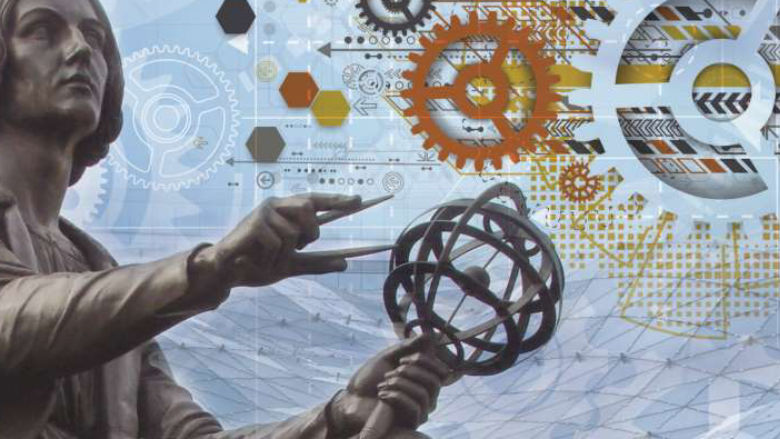COUNTRY CONTEXT
| Poland | 2024 |
|---|---|
| Population, million | 37.8 |
| GDP, current $ billion | 924.7 |
| GDP per capita, current $ | 24,450.8 |
| Life Expectancy at Birth, years | 77.3* |
*Data for 2022
The Polish economy has shown resilience thanks to a well-diversified economic structure, integrated into regional value chains, macroeconomic stability, a sound financial sector, strong domestic labor markets and generous social programs combined with reactive protective measures. Over the medium term, continued economic success hinges on technological transitions. A growth model driven by innovation, leveraging Poland’s strengths in clean value chains and advanced manufacturing capabilities will require financial deepening. The rapidly aging population remains a significant challenge to growth, inclusion and fiscal sustainability. Technological transformation, particularly Artificial Intelligence (AI), is creating leapfrogging opportunities but requires adequate planning.
The administration elected in October 2023 has made efforts to strengthen institutions, the predictability of the regulatory framework and the rule of law. In 2024, Poland was placed in Excessive Deficit Procedure (EDP) as its fiscal deficit exceeded the threshold partly due to the large increase in defense spending (to around 4% of GDP). Under the new EU Fiscal Framework, it has committed to a Medium-Term Fiscal Structural Plan to converge with EU fiscal deficit rules by 2028.
Last Updated: Apr 23, 2025






